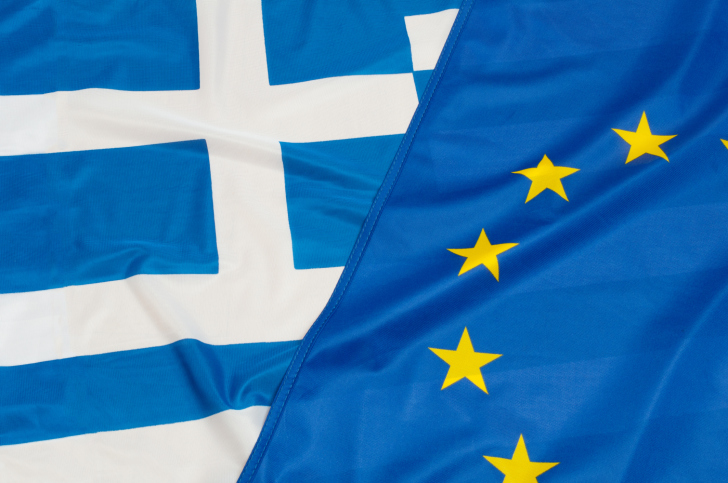Banking, finance, and taxes
Are More Talks on the Horizon for Greece?
Published:
Last Updated:
Talks with Greece fell through once again as the European Union is trying to hold itself together. This isn’t the first time that talks have fallen through and, by the looks of it, it might not be the last.
Germany, France, the International Monetary Fund (IMF), the European Union and the European Central Bank (ECB) have all tried to reach a deal with Greece in what is effectively yet another bailout with more favorable terms. The one consistent outcome is that all talks have failed at every turn. Greece’s Syriza socialist party was elected with the promise to undo many of the austerity measures and terms that had previously been agreed to.
This might be the time when Europeans finally admit that Greece just does not deserve to have the euro as its currency. Greece’s Prime Minister Alexis Tsipras and Finance Minister Yanis Varoufakis have been delaying a resolution to this issue seemingly at all costs. The IMF has simply walked out of the negotiations.
With Greece’s threats to hold the euro hostage and the endless threats to leave, the time has arrived for the Europeans to find out what would happen. When it comes to which European nations are really in charge, have the Europeans really allowed the Greeks to be this important and powerful, considering they are a relatively small piece of the puzzle?
24/7 Wall St. recently addressed 11 ways the EU could force Greece into a deal.
Shares of National Bank of Greece S.A. (NYSE: NBG) closed Monday down 10.2% to $1.15. The stock has a consensus analyst price target of $1.92 and a 52-week trading range of $0.98 to $3.97.
The Global X FTSE Greece 20 ETF (NYSEMKT: GREK) closed down 6.5%, at $11.03 on a 52-week trading range of $9.76 to $24.30. The consensus analyst price target is $11.63.
ALSO READ: Countries With the Widest Gap Between the Rich and the Poor
Retirement can be daunting, but it doesn’t need to be.
Imagine having an expert in your corner to help you with your financial goals. Someone to help you determine if you’re ahead, behind, or right on track. With SmartAsset, that’s not just a dream—it’s reality. This free tool connects you with pre-screened financial advisors who work in your best interests. It’s quick, it’s easy, so take the leap today and start planning smarter!
Don’t waste another minute; get started right here and help your retirement dreams become a retirement reality.
Thank you for reading! Have some feedback for us?
Contact the 24/7 Wall St. editorial team.